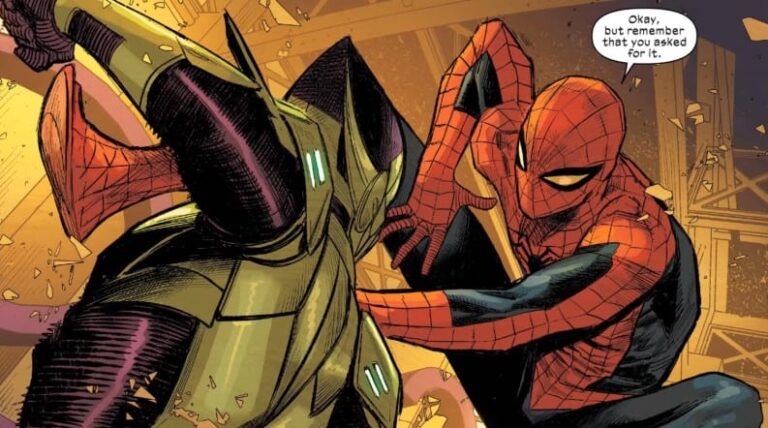Dark Horse Takes Major Step, Files With Consignment Group Against Diamond Comics
The comic book industry is no stranger to drama, but the latest twist feels like a storyline ripped straight from the pages of a graphic novel. Dark Horse Comics—one of the biggest independent publishers in the game—has officially filed alongside the “Consignment Group” to object to Diamond Comic Distributors’ controversial bankruptcy motion.
If Diamond gets its way, they’ll liquidate millions in comic book inventory that technically doesn’t belong to them. With Dark Horse now stepping into the fight, the stakes have never been higher.
Dark Horse Joins the Legal Showdown
This move isn’t just a headline—it’s a major turning point. According to Graphic Policy, the publisher has officially joined more than a dozen others in challenging Diamond’s plan to sell consigned comics.
Here’s the issue: publishers like Dark Horse ship comics to Diamond on consignment. That means the books still belong to the publisher until they’re sold. Diamond’s proposal would allow them to offload that inventory to pay their debts, effectively selling property that isn’t theirs.
It’s the comic book equivalent of your roommate pawning off your game console to cover rent—and then telling you it’s “just business.”
Why Dark Horse’s Involvement Matters
This isn’t just any publisher filing an objection. This company has been a cornerstone of the industry since 1986, building a reputation for groundbreaking titles like Hellboy, Sin City, and Resident Alien. Their name carries weight, and their involvement signals to the court that this isn’t a small group of disgruntled indies making noise—it’s a coalition with serious industry backing.
As Bleeding Cool reports, the Consignment Group already includes Dynamite Entertainment, Vault Comics, DSTLRY, and Oni-Lion Forge, among others. By joining forces, these publishers are presenting a united front against Diamond’s liquidation plans.
With Dark Horse in the mix, the group looks less like a loose alliance and more like a rebellion against outdated distribution practices.
The Bigger Picture for Dark Horse and the Industry
Decisions such as these underscore just how much is at stake. If Diamond is allowed to liquidate consigned stock, publishers stand to lose millions of dollars—and worse, control over their own creations. For a company like Dark Horse, which has always championed creator-driven work, that’s a line they’re not willing to see crossed.
The ripple effects could be massive. If Diamond’s plan were approved, publishers might rethink how they distribute comics altogether, potentially demanding stricter contracts or moving to alternative distributors. That shift would reshape how fans get their weekly comic hauls and how publishers keep their titles in readers’ hands.
What Fans Should Take Away
So, what does this all mean for readers who just want their next issue on Wednesday? Simply put: Dark Horse and its allies are fighting to keep the system fair. If Diamond’s liquidation went unchecked, fans could see delays, shortages, or even higher prices as publishers scramble to protect themselves in future deals.
By standing up now, Dark Horse is helping to set a precedent that protects not just their own inventory, but the entire industry. It’s a fight about ownership, fairness, and making sure that creators and publishers aren’t left powerless in the face of corporate collapse.
Dark Horse as the Industry’s Dark Knight
It’s almost poetic that Dark Horse—the publisher known for championing outsiders, rebels, and unlikely heroes—has stepped into this battle. In an industry that often feels like it mirrors the comics it produces, Dark Horse is playing the role of the defender, standing up for publishers big and small.
Whether in the courtroom or on the comic shop shelves, Dark Horse continues to prove that it isn’t afraid to fight for what matters. This legal move isn’t just about saving inventory—it’s about protecting the future of comics themselves.






